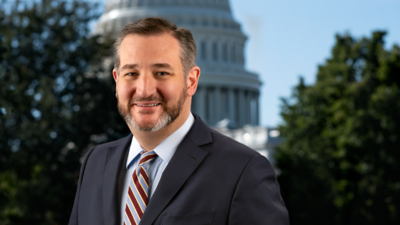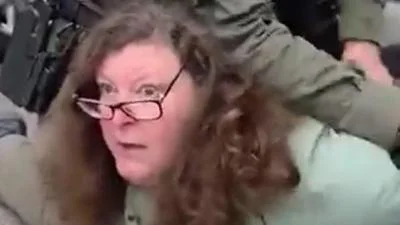Kim Foxx
Kim Foxx
Plaintiffs’ attorneys in a federal wrongful conviction case say they met with officials in the Cook County State’s Attorney’s office (CCSAO), headed by Kim Foxx, to lay out abuse claims against retired detective Reynaldo Guevara, not argue in favor of their clients receiving Certificates of Innocence (COI).
The response by plaintiffs’ attorneys Lovey & Lovey and the People’s Law Office in U.S. District Court for the Northern District underscores the question at the heart of the case: why did the CCSAO drop its four-year opposition to COIs for Gabriel Solache and Arturo DeLeon-Reyes, convicted in the 1998 savage murders of a husband and wife, and the kidnapping of their children – especially given that some prosecutors continued to insist the two were guilty.
Solache and Reyes, exonerated on claims that Guevara forced them into confessing to the crime, received their COIs last November.
To find out why CCSAO reversed itself on the COIs defense attorneys for Guevara have requested to depose the office’s First Assistant, Risa Lanier, who made the final call to drop the opposition. The CCSAO is fighting that deposition. Foxx’s office has a history of not challenging COIs.
In their response, Solache/Reyes attorneys say they are taking no position in the fight over the deposition.
But, the lawyers insist, they had no meetings “with State’s Attorney Foxx or First Assistant Lanier ‘on Solache’s and Reyes’s COI matters.’”
“… there was a presentation on Guevara’s widely recognized corruption across a huge set of cases, and it had the purpose of convincing the State’s Attorney that victims of this established misconduct should no longer languish in prison. Instead of engaging in protracted litigation based on conspiracy theories (and apparently feeding those theories to the local press), the City of Chicago should follow State’s Attorney Foxx’s lead, recognize that Guevara’s misconduct has caused immeasurable harm, and work to effectively resolve the pending Guevara civil cases,” they said in their response.
Among other arguments, CCSAO claimed deliberative process privilege (protecting internal office communications) to argue why Lanier should not be deposed. But defense lawyers counter-argued in part that the CCSAO communicated about the case with those outside the office, including Loevy & Loevy lawyers, according to documents obtained through a subpoena.
“On June 14, 2023 after numerous Rule 37.2 conferences, Defendants received the CCSAO’s response to their subpoena, which included heavily redacted communications between an assistant to State’s Attorney Foxx, ASA Lanier, Joshua Tepfer (an attorney at Loevy & Loevy and the Exoneration Project), and counsel for Reyes from Loevy & Loevy, Steve Art and Anand Swaminathan,” the attorneys wrote in an earlier response filed with the court. “This communication revealed that State’s Attorney Foxx, ASA Lanier, Tepfer, Art and Swaminathan met at least once on June 14, 2022, regarding the CCSAO cases involving Detective Ray Guevara, including Solache’s and Reyes’s cases. At that time, the only pending CCSAO matters involving Solache and Reyes were their COI petitions.”
A COI is an especially powerful argument for a cash settlement in a wrongful conviction case – a settlement shared by plaintiffs and their lawyers.
“At the trial of multi-million-dollar reversed-conviction cases,” attorneys wrote in their response, “plaintiffs with COIs argue to juries their COIs are ‘powerful evidence’ of their actual innocence. In such cases, plaintiffs counter evidence of guilt with pronouncements such as ‘the justice system has spoken’ through the COI. As a result, the magnitude of a COI’s potential influence on the question of guilt or innocence cannot be overstated. No differently here, Solache and Reyes have confirmed that they intend to make their own suspiciously timed and unopposed COIs center stage at trial as evidence that they did not savagely murder Mariano and Jacinta Soto and kidnap their children.”





 Alerts Sign-up
Alerts Sign-up